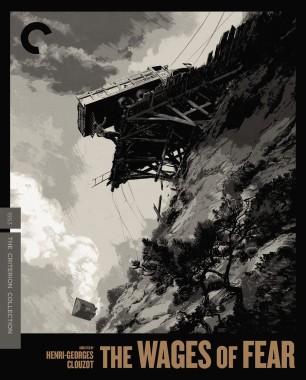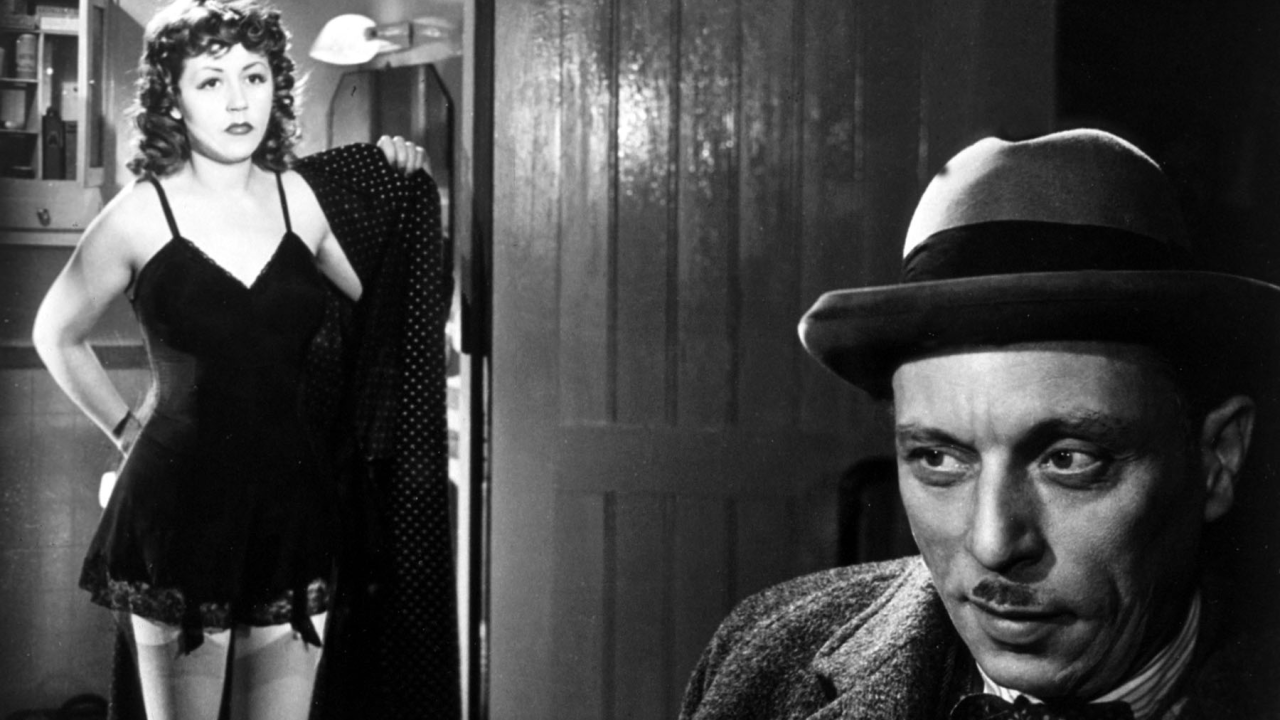Quai des Orfèvres

Blacklisted for his daring "anti-French" masterpiece Le corbeau, Henri-Georges Clouzot returned to cinema four years later with the 1947 crime-fiction adaptation Quai des Orfèvres. Set within the vibrant dance halls and crime corridors of 1940s Paris, Quai des Orfèvres follows ambitious performer Jenny Lamour (Suzy Delair), her covetous husband Maurice Martineau (Bernard Blier), and their devoted confidante Dora Monier (Simone Renant) as they attempt to cover one another's tracks when a sexually orgreish high-society acquaintance is murdered. Enter Inspector Antoine (Louis Jouvet), whose seasoned instincts lead him down a circuitous path in this classic whodunit murder mystery.
SPECIAL EDITION FEATURES
- Interviews with director Henri-Georges Clouzot and actors Bernard Blier, Suzy Delair, and Simone Renant, from the 1971 French television program Au cinéma ce soir
- Original theatrical trailer
- Poster gallery from the film’s international release
- PLUS: An essay by author Lucy Sante
Cover by Christine Ditrio
SPECIAL EDITION FEATURES
- Interviews with director Henri-Georges Clouzot and actors Bernard Blier, Suzy Delair, and Simone Renant, from the 1971 French television program Au cinéma ce soir
- Original theatrical trailer
- Poster gallery from the film’s international release
- PLUS: An essay by author Lucy Sante
Cover by Christine Ditrio

Cast
- Louis Jouvet
- Detective Lieutenant Antoine
- Suzy Delair
- Jenny Martineau, aka "Jenny Lamour"
- Bernard Blier
- Maurice Martineau
- Simone Renant
- Dora Monnier
- Charles Dullin
- Georges Brignon
- René Blancard
- The Captain
- Jean Daurand
- Detective Picard
- Pierre Larquey
- Emile, the taxi driver
- Robert Dalban
- Paulo, the thief
- Claudine Dupuis
- Manon, the prostitute
- Charles Blavette
- Poitevin, the ticket-taker
- Jeanne Fusier-Gir
- Cloakroom attendant
- Paul Toscano
- and his Gypsy Orchestra
Credits
- Director
- Henri-Georges Clouzot
- Producer
- Roger de Venloo
- Screenplay
- Henri-Georges Clouzot
- Screenplay
- Jean Ferry
- Inspired by the novel Legitime Defense by
- Stanislas-André Steeman
- Cinematography
- Armand Thirard
- Production design
- Max Douy
- Assistant director
- Serge Vallin
- Cameraman
- Louis Née
- Costume design
- Jacques Fath
- Sound
- William Robert Sivel
- Editing
- Charles Bretoneiche
- Music
- Francis Lopez
- Musical direction
- Albert Lasry
- Lyrics
- André Hornez
- Director of production
- Louis Wipf










